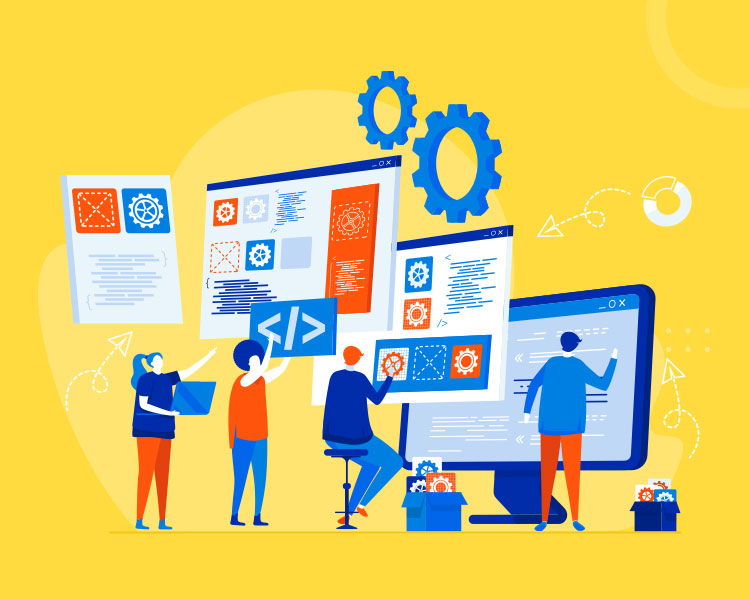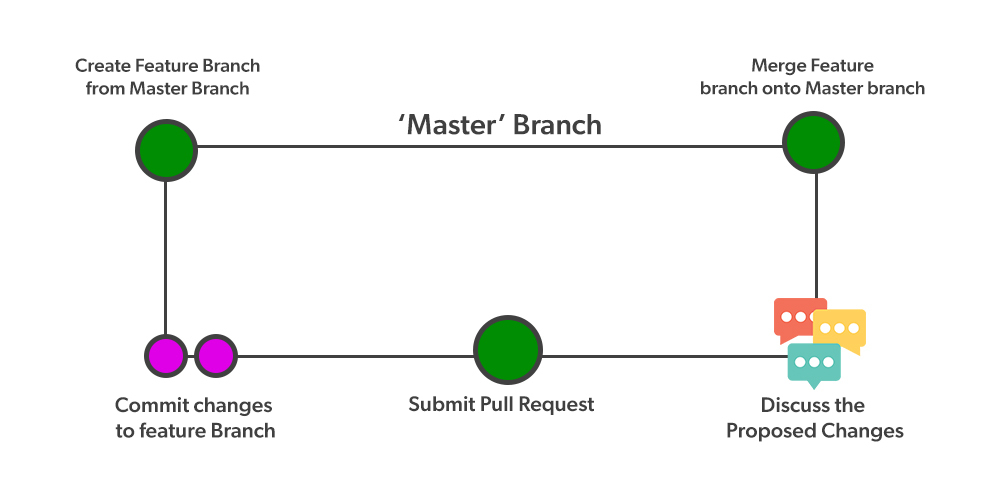Reflections on the Journey of Software Engineering Education
12 Dec 2023
Reflect on Software Engineering
In the course of my journey through ICS 314, I have acquired valuable knowledge and practices that have significantly improved my web development abilities. These newfound skills extend beyond technical prowess and encompass the essential soft skills necessary for thriving in team-based settings and professional work environments within the computer science field.
One of the most significant lessons I learned from this course is the immense value of collaborative group work towards a shared goal or project. This skill holds great importance, as it allows for a deeper understanding of fundamental software principles through peer collaboration and the practical application of knowledge (also known as learning by doing!). Exploring software engineering conventions for the first time proved to be a challenging yet indispensable learning curve, fostering the development of foundational technical competencies.
Configuration Management
Configuration management plays a pivotal role in ensuring the stability and scalability of software systems. In this class, we have explored various aspects of configuration management, including version control systems, such as Git, which enable us to track changes, collaborate effectively, and maintain a coherent codebase. Furthermore, we have learned about practices like continuous integration and automated testing, which enhance the reliability and maintainability of our software. Configuration management enables us to manage complexity, track progress, and ensure a seamless development process.

In ICS 314, I had the opportunity to gain hands-on experience with configuration management using a distributed CM workflow. This workflow revolves around copying and exchanging different individuals’ versions of a project. Users create copies of another person’s project version to incorporate their own updates and modifications. Subsequently, they can send those changes back to the original person.
The core model of this workflow employs a “push-and-pull” technique, where developers retrieve, or fetch changes made by their peers and contribute their own changes to a central repository. Other developers can then potentially fetch these changes from the repository. Typically, this workflow is centered around a centralized master branch, which serves as the reference for the final, refined version of the project.
User Interface Frameworks
In terms of web development, this class has significantly enhanced my technical skills in design through the utilization of web frameworks. User Interface (UI) frameworks have played a crucial role in improving the aesthetic appeal and efficiency of my designs. These frameworks consist of pre-built components and libraries that facilitate the creation of visually appealing elements. By incorporating UI frameworks into product or project designs, the overall display has become more professional and of higher quality.

One of the key advantages of UI frameworks is that they simplify the development process by providing a set of reusable components for creating interfaces. These components are designed to be implemented in a ready-to-use format, often with a simple and neat structure. This not only saves time but also allows developers to customize the components to match their intended theme, style, or desired appearance. The ability to customize these components provides flexibility and freedom in designing the basic makeup of a UI element.
Throughout the semester, I have had the opportunity to work with popular UI frameworks such as Bootstrap 5 and React, which have greatly expedited the process of designing interfaces for web applications. Bootstrap and React, in particular, have impressed me with their simplicity and responsive designs. These frameworks follow a mobile-first approach, automatically adapting the design elements to specific screen sizes without requiring extensive customization. This mobile-first functionality allowed me to focus on the overall appearance of the web page layout without worrying about how it would differ on different devices.
Heading to the next target
Acquiring these fundamental software engineering principles has provided me with valuable insights into the essence of software development. Engaging in ICS 314 has not only exposed me to practical procedures within a potential workplace environment, but it has also ignited a newfound interest in the diverse facets of software engineering. This realization has revealed the vast potential and abundant opportunities available in the rapidly evolving realm of computer science.